“The signs and the planets are lining up like before”
For an old bitch gone in the teeth,
For a botched civilization.
Charm, smiling at the good mouth,
Quick eyes gone under earth’s lid,
For two gross of broken statues,
For a few thousand battered books.
— Pound, 1920

Ezra Pound, 1970
We met on the beach amid rumours of war
Your head in your hand, what you saw you won’t say
As the newspapers blew in the wind
I can see you’re one of that kind
Who carry round a time bomb in their mind, no one knows
When you’ll slip the pin
Rumours of war
Rumours of war
I see that your dress is torn at the edge
You were lost, intense, like a man on a ledge, waiting to jump
As the waves break over the shore
You say there’s a storm that can’t be delayed
And lately it seems to be comin’ this way, you can hear it break
Like the slam of a door
Rumours of war
Rumours of war
You tell me, just look all around
At the past and the present, the cross and the crescent,
The signs and the planets are lining up like before
There are souls on fire in the day and the night
On the left and the right, in the black and the white
You can see it burn in the eyes of the rich and the poor
Rumours of war
Rumours of war
Rumours of war
Rumours of war




![That Was the Whopper Weekend That Was [Illustrated] welcometohell](https://americandigest.org/wp/wp-content/uploads/2021/05/welcometohell-150x150.jpg)

![Allen Ginsberg: The Interview, <strong> ➡ 1972 ⬅ </strong> [Republished by unpopular demand] ginsbergnirvana](https://americandigest.org/wp/wp-content/uploads/2022/05/ginsbergnirvana-150x150.jpg)
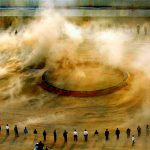
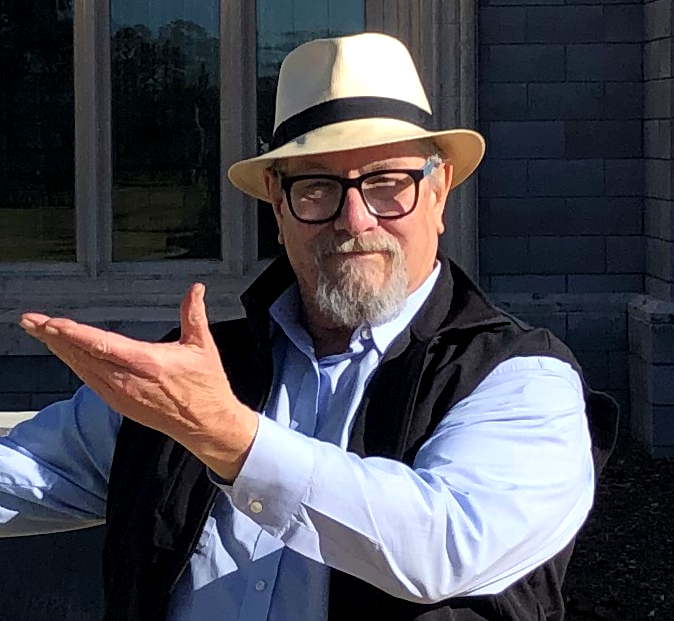 Gerard Van der Leun
Gerard Van der Leun






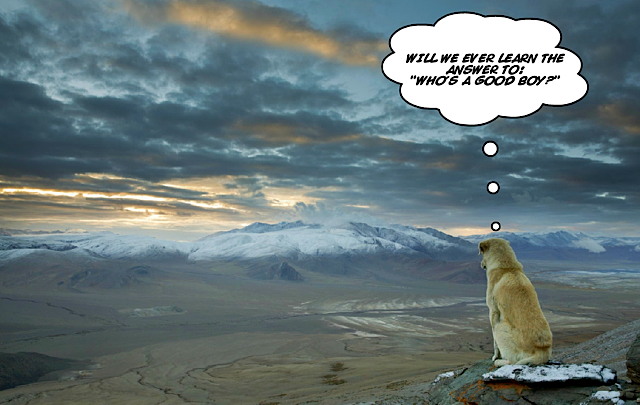



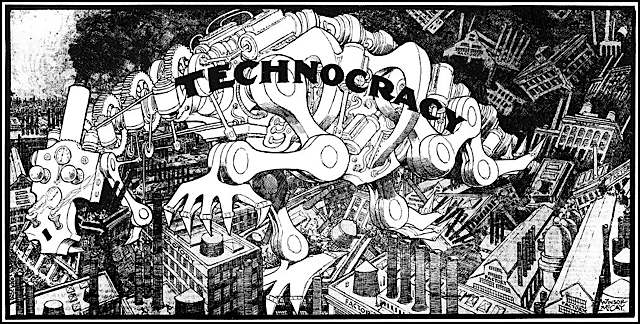







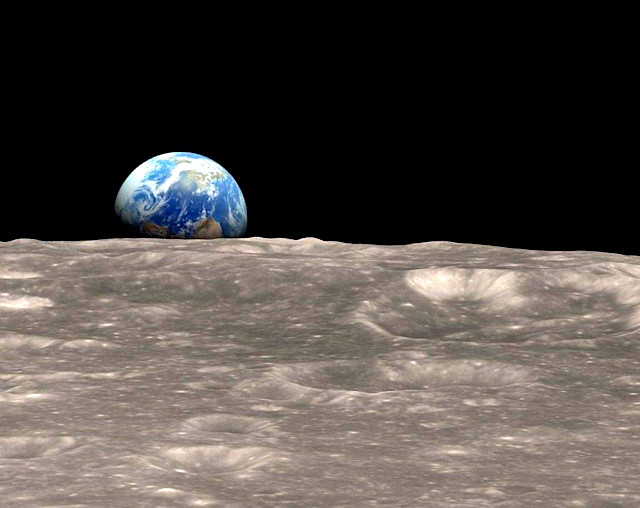


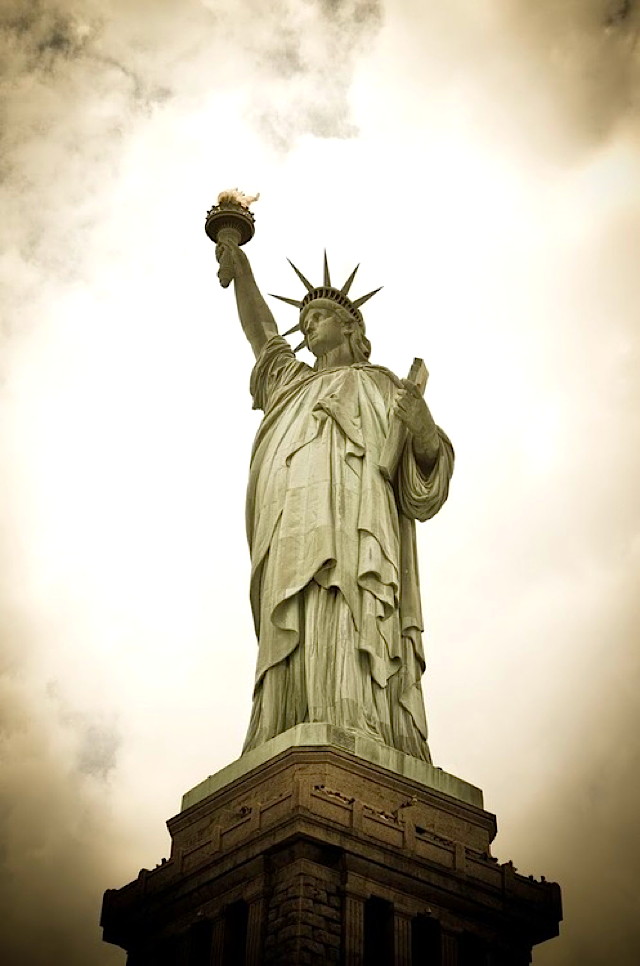


Comments on this entry are closed.
Shall we play?
The nihilistic mental disorder known as liberalism says yes we can!
Elementary school desks are strategically placed in courthouse and library basements to keep you safe.
Mommygov loves you and vill keep you safe, Ja!
Western Liberalism (sic) put P0und in the Pound. It can go pound sand. Or glass as seems more likely with each passing day.
OK, I sentence you to listen to Victor Davis Hanson, who is fresh from teaching Grand Strategy, regarding Frederick, Napoleon, Jomini, and Clausewitz. Lee, Sherman and Grant.
https://youtu.be/SuH-5Yh25eo
World War I: I get the reference to a world war starting in Europe. Just keep in mind that war was from another political time, with people so foreign to us now that I doubt many of us could even hold a conversation with a person from 1914-1918. Our frames of social and political reference are vastly separated. You do realize that WWI closed the curtain on the rule of kings? Essentially, if not thoroughly, and then came the era of nations. What era are we in now?
I’ll be damned if I know what era this is, but please remember that societies and politics evolve, but there are principles of war that do not change. I’ll repeat my current assessment that throwing an artillery shell with a nuke, or a theater-limited nuke missile, would mess up a battlefield something fierce, but it would not hit concentrations of troops. If you haven’t got infantrymen to go in and consolidate an objective, you have nothing. I could write a paragraph or three about this week in Russian military foibles, but I’ll save it for another time. Suffice it to say that you cannot nuke your own military to unfuck it.
Be of good cheer. We’re not exactly on the precipice. I’ll let you know when we are.
Nooooo please not again Victor Davis Effiing Beaner-beset Herodotus AND Hesiod (California Raisins Chapter) Manqué.
Could be worse. Could be Bruce no Truce Thornton, I suppose. Or Peter Zeihan. But how much can a Koala bear?
Now you’ve done it. I won’t be sane again until I’ve gone and watched that parody of the Three Hundred.
Also, this, not some Miserable Nordic Neocon Shill, is a Real Classicist:
https://en.wikipedia.org/wiki/Peter_Green_(historian)
Doing well if still alive and kicking at age 98, too.
Name dropper.
Hoist by my own Pétomane.
Add Stewart’s “Night Meeting” to “Rumours of War” and you have a fairly complete picture of geopolitics in this Year of Our Lord 2022.
I’ve stated before that I’m a huge fan of Al Stewart. Anyone interested in his music and particularly his lyrics stands a great chance of learning a great deal about love, history and war. He is practically timeless, one of the finest to whom we’ve been exposed. He is literally one of a kind.
Al Stewart’s best music was written between 1973 – 1978, between “Past, Present and Future” and “Time Passages”. Before and after those years his music was unlistenable save for Stewart’s die-hard fans. His song “Roads to Moscow” (1973) haunts me to this day. Stewart has said that the young Soviet soldier in the song is Alexander Solzhenitsyn.
Men have been writing and singing about war since the first copper sword was shoved into some unlucky soldier’s guts 5000 years ago. War has as well provided much material for poets and minstrels since Sargon the Great (2334 – 2279 BC) washed his armor in the Mediterranean. Perhaps the finest—and bloodiest—war poetry is the “Iliad”, which was originally sung.
For 100 years now war has been either cursed or celebrated in film. There have been anti-war films, the best being the 1930 German film “All Quiet on the Western Front”. Hitler banned the film and also the book from whence it came. The book was written by the German World War I soldier Erich Maria Remarque. It was titled”Im Westen nichts Neues”—“Nothing New in the West”.
American film celebrates her actions in World War II, as does Japanese film celebrates Japan’s actions in that war. See this clip of the sinking of the greatest battleship ever constructed, the Yamato, from the 2005 Japanese film, “Yamato”.
https://www.youtube.com/watch?v=PMbUrqDhims&ab_channel=BestMovieClipsHD
It is always instructive to study the views of the enemy as he expresses them in his own art in his own way. To Americans Isoroku Yamamoto (1884 – 1943) was a demon incarnate, as he had been the one to plan the assault on Pearl Harbor and had also planned the Midway invasion (1942). America felt this way even though Yamamoto had studied at Harvard, traveled extensively in the US and spoke English fluently. The Americans hated him so much that they devoted a considerable amount of naval and intelligence matériel to assassinate him and succeeded in 1943. Yamamoto’s death was announced by the code words “Pop Goes the Weasel!”
To the Japanese Yamamoto was a hero, a Bushido poet turned Samurai who defied and almost defeated the greatest power on earth. Here is how the Japanese showed the death of Yamamoto in their own film in their own way.
https://www.youtube.com/watch?v=iNNEj5-6aOk&ab_channel=ToniiCurtisSmith
Not quite “pop goes the weasel” is it?
Japan had long supply lines in the Pacific war, as did the USA and Brits/UK nations. But this was only a detriment when they were on the offensive; switch roles and then the US and Allies had to stretch incredibly long supply lines across the Pacific while on the attack, and although Japan was being out-paced with manufacturing and technology, they had more and more advantageous interior supply lines, millions of personnel in reserve, and the advantage of fighting in the defense.
We built a naval force larger than Britain, or Japan…well, the largest navy in the world. We became experts in combat trains (supply methods) to the extent that nothing like it anywhere ever existed in wartime. We bestrode the Pacific Ocean (and the European Theater, which meant Africa, the Atlantic, the Middle East, and Soviet Eurasia) like giants. That the Japanese still had any fight left in them at all by 1945 is a testament to their tenacity, and worthy of the respect of studying how they did everything that they did.
Their film, OTOH… I saw the little pool and the model Godzilla there in Kyoto. LOL. They do have some grandeur in their film and story-telling, but maybe their best bet is to just let Clint Eastwood tell their side for them. It comes out better.
I just finished the second of John C. McManus planned trilogy of the US Army in the Pacific, “Island Infernos: The US Army’s Pacific War Odyssey, 1944”. The 3rd and final volume will not be out until May of next year: “To the End of the Earth: The US Army and the Downfall of Japan, 1945”. McManus points out something that is hardly known today, that the number of soldiers in the Pacific was greater than the number of Marines by a factor of 10.
Eastwood makes some fine films, but he is not Japanese. No westerner can possibly understand them, a fact stated over and over again for hundreds of years by thousands of Westerners, many of whom had lived in Japan for decades and who spoke fluent Japanese. Who but a Japanese could possibly understand this:
https://www.youtube.com/watch?v=2hNv1y2f6gs&ab_channel=RyusuikanDojo%E6%B5%81%E6%B0%B4%E9%A4%A8%E9%81%93%E5%A0%B4
One of my 8th grade students was a Japanese girl. When I showed this video to her class, all of the other students—who were Caucasian, black and Latino—had no idea what those Japanese soldiers were doing. She stood up and explained every detail of it, how every hand and foot movement meant something in Japanese history, myth, spirituality and poetry.
At the end of World War II, the Japanese still had several million soldiers, though most were in China. She had lost over 2 million killed in action. Very few of them had surrendered. The “kill ratio” of Americans to Japanese was seldom below 8:1, and usually much higher. In late 1941 the Americans thought that the Japanese were some kind of supermen. After we actually fought them, we learned that we could kill them at our leisure wherever they were. Bushido, fanaticism and banzai charges worked well against civilians, not so much against the US military.
It was a good thing for the survival of the Japanese race that Japan surrendered, otherwise we would have had to kill every single one of them. Historians of today might not be sure if a people called the Japanese had ever existed.